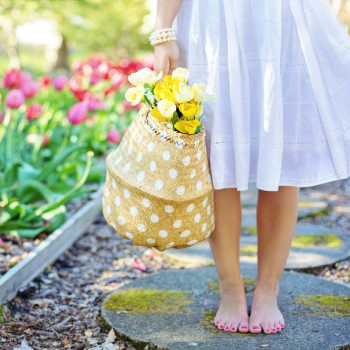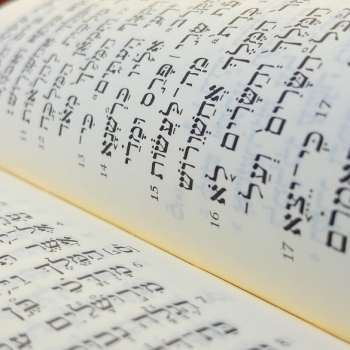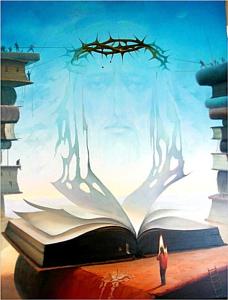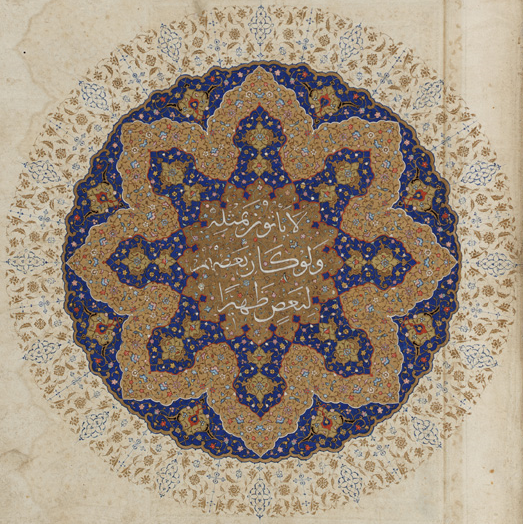This is an installment of the Religious Fundamentalism and Sexuality Project. You can read the full list of questions here and the posting plan here. The first six participants whose stories I’ll be posting are Melissa and Haley, Lina and V, Latebloomer and Katy-Anne.
Romantic Relationships
2. Did your beliefs about sexuality change after marriage or beginning a relationship? If applicable, did break-ups and/or divorce impact your beliefs?
Melissa and Haley
Melissa:
Well, contrary to what I had hoped and been told in all my evangelical reading, my attraction to girls did not go away when I got married. I worried about that. I really loved my husband, but felt guilty over same-sex dreams or thoughts that I had. Eventually as I began asking questions about my faith and upbringing, I latched onto the Catholic church as a better option than the random interpretation of whatever the father of the household happened to think. I hoped that becoming catholic could help fix me in a way. I read the whole catechism and my feelings on sexuality started to change a little. The Catholic church was against birth control, but unlike my quiverfull foundation, they believed that spacing children or even post-poning children indefinitely through Natural Family Planning was alright, or even a good thing to do. They stressed that parents had a responsibilty to bring up the children they already had. I also encountered a theological teaching on LGBTQ being a real experience, not a demonic affliction or a choice, but something that some people struggled with but had to refrain from acting on. This was a relief to me, it was like being told that I had been doing everything right, and that Satan wasn’t attacking me, and that I wasn’t choosing to have these attractions.
Shortly after these breakthroughs, my spouse came out to me as transgender. I was bowled over, it was completely unexpected. I had no idea what being trans even meant, but I immiediatly approached it from my new catholic perspective, I believed him, this was a real experience, he was not demon possesed and he wasn’t choosing to have these feelings, but that it would be wrong to act on those feelings. I really loved him and wanted to help him stay on the right track. I learned as much as I could about being trans, and over time we both began to feel as though the conservative Christian/Catholic perspective on sexuality was wrong, and my spouse made the decision to begin living authentically and she is now transitioning to female. I think it’s funny now how many conservative christians seem to think that one good theological debate is going to get us back on track, because we have already had every debate! I was staunchly against treament for months and months, during which we talked about every angle of transition and the theological objections involved for hours every single day.
Haley:
My beliefs gradually changed because my gender identity never changed. During sexual expression I was always struggling with feeling female but not knowing what to do with that and feeling that I was wrong for feeling that way. Sex usually always created a mountain of guilt when I was in that fundamentalist mentality. But since the gender struggle didn’t change I started to wonder if maybe LGBT people were right, you were born this way and that is who you were. Coming to grips with my identity came to a head when my wife asked me if I was transgender. I was courageous enough to be honest with her. She was supportive but reserved, her own fundamentalist upbringing left her with questions. Together we started asking those tough questions. I finally had the safety to start unwrapping my severely repressed gender identity and sexuality. Her support in that process was tremendous. Her own identity as a bisexual also was unwrapped.
Lina and V
Lina:
My beliefs started changing before I started a relationship. I was already questioning the rigid “Do Not” list I’d grown up with, and my first kiss was a random guy at a bar on a trip to Scotland. I flirted a lot; I always have, though not always intentionally. But I was forced to rethink everything when I realized I was falling in love with my (female) college best friend.
V:
Incredibly. I began dating a guy my sophomore year of college that was actually a good high school friend of mine. He was raised Southern Baptist, and his dad was a pastor, and when he turned 18 he went away to college in Florida and became an atheist. So we had a long distance relationship (I was in super-Church-of-God Christian school), but his beliefs about sexuality and religion, and the fact that he wasn’t literally burning alive, began to help initiate my change.
Latebloomer:
Absolutely! I’m now horrified at the thought of the fundamentalist ideal of a man and a women suddenly going from a non-physical relationship to sexual intercourse in only one night. And as if that’s not bad enough, both of them are supposed to have no experience even in platonic friendship with the opposite sex! How is that not a recipe for disaster? To me now, it seems a lot more natural and healthier for the couple to slowly grow closer together in every way: emotionally, mentally, and sexually.
I also now believe that meeting a lot of different types of people is crucial to making a good choice in a partner because it helps you recognize when you are and aren’t compatible with someone. Marriage is already challenging even between highly compatible people—why invite more trouble into your life by ignoring compatibility?
Additionally, I now feel that being a virgin at marriage is not such a valuable thing, and certainly not worth the lifetime of stress, guilt, and isolation that lead up to it, or the residual awkwardness that follows it. In my case, my virginity turned out to be the gift that my husband didn’t care about (even though he himself was a virgin at marriage).
Katy-Anne:
My beliefs about sexuality have been constantly changing particularly since I left fundamentalism, but were also part of the reason that I left fundamentalism. When I started to see evidence that young women had been sexually abused in fundamentalist churches and that the church didn’t care and furthermore covered it up to protect the perpetrator, I was done. But, me and girls like me were told that, according to the Old Testament, we should have been stoned to death because we didn’t “cry out” when we were raped and that therefore it wasn’t rape, it was consensual sex. I finally realized that just because I was too scared to scream as a ten year old being raped, it didn’t mean that I secretly wanted it, and it didn’t mean I had committed fornication, and that while what happened to me was wrong, that I was not the one that did wrong. Some of us young women that have been raped in the church were also told that it was our fault because women need to submit to men, and that we should have just consented to the sex, and that because we were rebellious, it wasn’t really rape, the men were just taking what we should have willingly given them were we not so rebellious. That, friends, screws a person’s sexuality up.
So, I guess I started to leave fundamentalism when I started to realize that I owned my sexuality, that what had happened to me really was rape and was not ok. The biggest area I have had a change of beliefs in since leaving fundamentalism are my beliefs about homosexuality. I was taught in fundamentalism, and growing up, that homosexuality was a choice, and that those people were disgusting and just chose to be that way. However, through my own experience and also my own studies, I now believe that people are definitely born with a tendency to be homosexual. That’s a huge step for me and a step a lot of people who know me disagree with me on.















